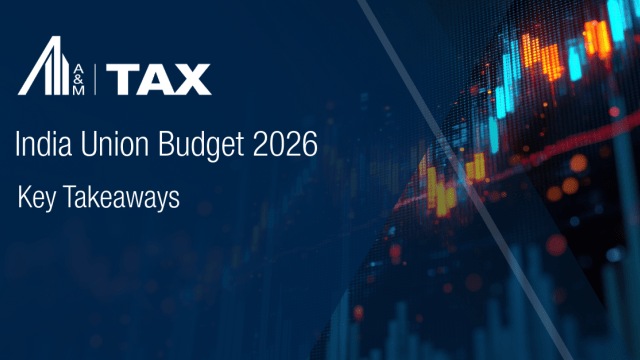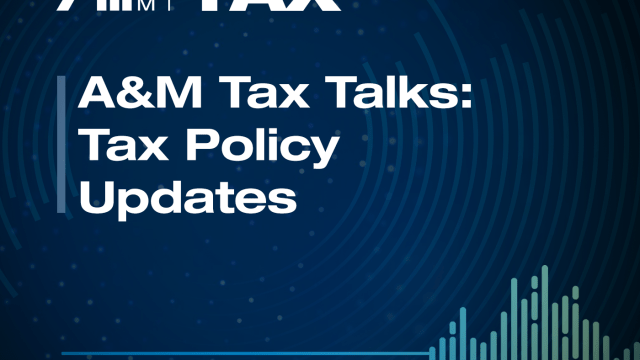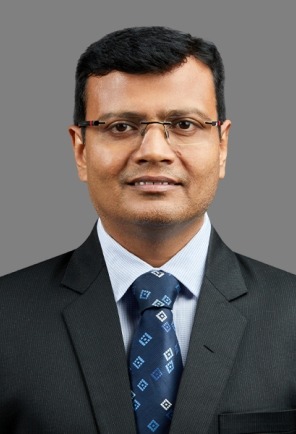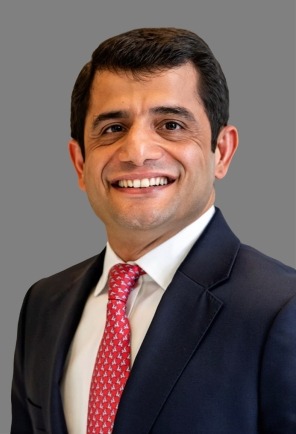Hyatt’s Sustained and Substantive Operational Control in India Triggers PE, Supreme Court Rules Despite No Fixed Office
Brief Overview
- In its landmark judgment dated July 24, 2025, Hyatt International Southwest Asia Ltd. [1] (“Taxpayer”), the Honourable Supreme Court (“SC”) upheld the Delhi High Court's judgment on Taxpayer’s existence of a Fixed Place Permanent Establishment (“PE”) in India.
- The SC emphasized on the Taxpayer’s degree of control and supervision exercised over Indian hotel operations. It highlighted that the Taxpayer’s direct involvement in branding, managing bank accounts, staff supervision, training, and operational monitoring extended well beyond an advisory role and reflected substantive involvement. Such continuous and coordinated engagement satisfies PE tests under the India-UAE Double Tax Avoidance Agreement (“DTAA”).
- The judgement also relied on the principles laid down in the SC ruling in Formula One World Championship Ltd.[2] (SC) case which held that where economic and functional substance exists (i.e. stability, productivity and dependence), a PE may be constituted.
- Moreover, the SC further clarified that where a PE is constituted in India, the income attributable to such PE shall be taxed in India even if the foreign enterprise was incurring losses globally.
Background
The ruling pertains to the taxability of income earned by the Taxpayer — a company incorporated in Dubai and a tax resident of the UAE — from strategic and branding consultancy services rendered to Hyatt branded hotels in India, under the Strategic Oversight Services Agreements (“SOSA”) with Asian Hotels Ltd. (“ASL”), India.
Facts of the case
Taxpayer's Contention
- No fixed place of business in India: The Taxpayer had no fixed place of business, office, or branch in India. Under the SOSA, stipulated services were to be provided from Dubai, with no obligation to station employees in India (permitting only occasional and temporary visits at the Taxpayer’s discretion).
- Employee presence below threshold: The limited and intermittent presence of employees did not meet the 9-month threshold under Article 5(2)(i) of the DTAA to constitute a PE.
- Advisory role: The Taxpayer’s role under the SOSA was merely advisory in nature, limited to strategic guidance, brand compliance, and long-term planning.
- Separate legal entity existence: The Taxpayer highlighted that day-to-day hotel operations and ownership remained entirely with Hyatt India Pvt. Ltd., under a separate Hotel Operating Services Agreement.
- No right of disposal: The Taxpayer specified that it exercised no control or dominion over any part of the premises and was merely involved in policy decisions and enforcement of brand standards, which does not amount to a fixed place PE.
- No taxability on account of Fees for Technical Services (“FTS”): The Taxpayer also asserted that the DTAA does not contain a clause for taxation of FTS and therefore, cannot be taxed as FTS in India.
Tax Authorities contentions:
- Managerial and functional control: It was highlighted that the Taxpayer enjoyed full and unconditional access to the hotel premises beyond high-level policy formulation and implementation.
- Business conducted through employees: Substantive business functions were conducted through employees physically present in India.
- Continuous operational presence: Travel logs and job functions established continuous and coordinated engagement, even though no single individual exceeded the 9-month stay threshold as laid out in the DTAA.
- PE criteria satisfied: The three core characteristics of a PE: stability, productivity, and dependence, have been satisfied in the arrangement through the SOSA.
- Hotel premises at disposal: The SOSA agreement was a 20-year oversight arrangement that granted the Taxpayer, extensive operational influence over the hotel in India.
- Taxability of income in India: Once a PE exists, the income attributable to the PE is taxable in India even if the Taxpayer is otherwise a loss-making entity.
- Commercial consideration: The strategic fee agreed upon, under the SOSA is not merely a fixed fee pertaining to advisory services but linked to revenue generation in India.
SC Ruling:
- Substantive control and discretion: The SOSA granted Taxpayer’s employees control and enforceable rights over hotel operations, including appointment of the General Manager and the executive staff, control over pricing, branding, HR, procurement, and marketing etc.
- Business carried through employees: Some employees were stationed in India for extended periods (up to 9 months) and were involved in substantive hotel operations indicating full and operational control over the hotel premises in India.
- Continuity of business presence: The SC held that Taxpayer’s employees performed functions indicating a continuous and coordinated presence. Under Article 5(2)(i) of the DTAA, the key test is not the duration of stay but whether the activities were systematic and integral to core operations. Travel logs and responsibilities demonstrated an ongoing structured engagement satisfying the PE test.
- Substance over form: The SC stated that the test is not whether a formal right of use of premises is granted, but whether, in substance, the premises were at the disposal of the enterprise and were used for conducting its core business functions.
- Disposal Test satisfied: Relying on its ratio in Formula One, the SC reiterated that exclusive possession is not essential; temporary or shared use of space is sufficient, provided, business is carried on through that space. The hotel premises were considered as being at Taxpayer's disposal, enabling it to carry on its business activities.
- Performance based remuneration: It has been highlighted that the Taxpayer’s entitlement to 'strategic fees’ has been calculated as a percentage of revenues and gross operating profit which demonstrates a direct or indirect commercial involvement of the Taxpayer in the business of the hotel.
- Core criteria satisfied: The SC referred to Formula One and OECD Commentary and emphasized that Taxpayer’s current arrangement reflects three core features of a PE, namely, stability (tenure of agreement of 20 years), productivity (fee linked to business outcomes), and dependence (reliance on hotel infrastructure and staff to carry out its business).
- PE status independent of ownership or operational support: Importantly, the SC clarified that ownership and operational control being with the Indian entity did not nullify PE exposure where substantial control and management is exercised by the Taxpayer.
- Distinction from E-funds: The SC distinguished E-Funds 3] ruling on facts stating that in the E-Funds case, the Indian subsidiary only provided back-office support and was compensated on an arm's length basis with no involvement in core business functions.
- Considering the above, the SC upheld existence of a PE and therefore concluded that the income received under the SOSA was attributable to the PE and hence taxable in India under Article 7(1) of the DTAA. The income was held to be taxable even though the Taxpayer had incurred losses in the relevant tax years.
Conclusion and Way Forward
The SC's decision strongly emphasizes the principle that economic substance overrides legal form in determining existence of a PE. The court has stated that PE determination is ‘fact-specific’ and, accordingly, documentation of roles, responsibilities, decision-making authority, and a review of employee activities is critical. Mere execution of day-to-day operations by an Indian entity does not shield a foreign entity against potential PE risk if foreign entity retains continuous and pervasive control over the business.
While examining whether a PE exists in India the emphasis should be on the actual degree of control, influence, and involvement in core business functions exercised by the foreign enterprise in India, rather than relying solely on the wording of contracts or ownership structures.
For foreign enterprises with substantial business operations closely tied to India, it may be prudent to undertake a comprehensive review of their existing business arrangements. This review should be guided by the principles established by the SC in this judgment, as well as those articulated in the Formula One case. The objective is to ensure alignment between the legal structure and the operational reality, and to enable companies to accurately assess any potential PE risk.
Sources:
[1] TS-954-SC-2025
[2] (2017) 15 SCC 602
[3] (2018) 13 SCC 294






